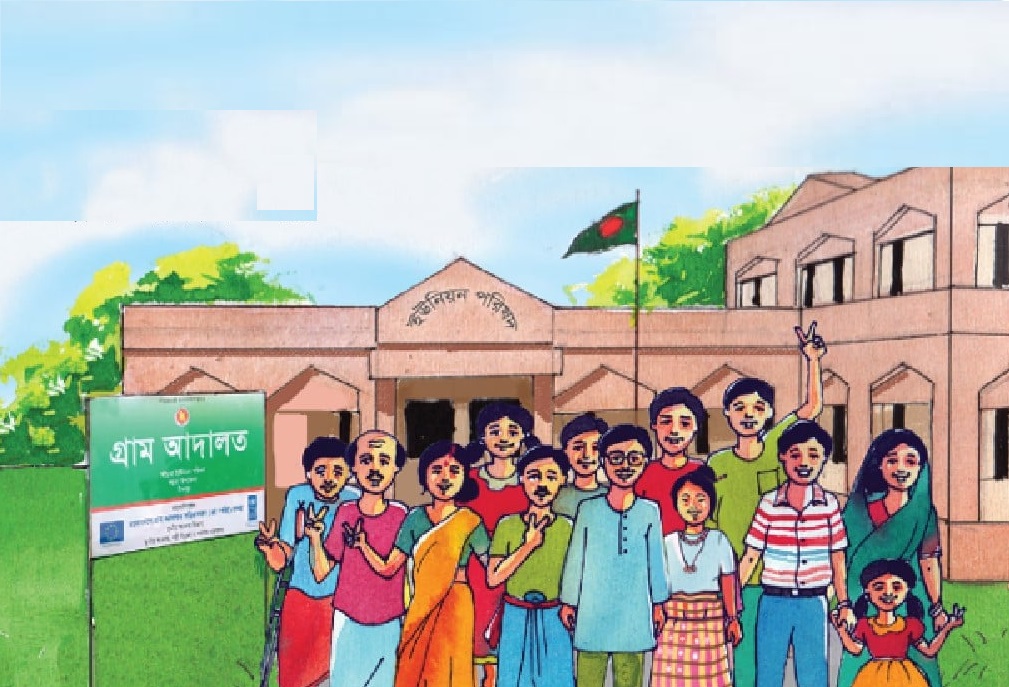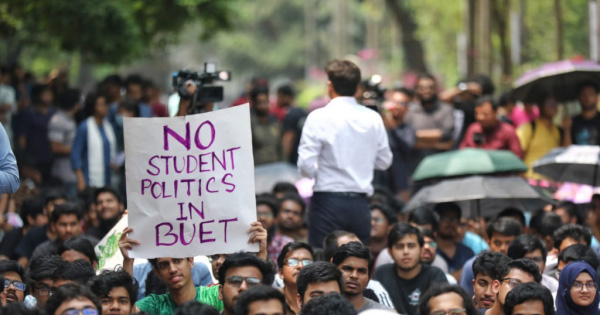Prime Minister Sheikh Hasina’s recent comments in Parliament, urging citizens to “embrace simpler meals” and adapt their eating habits in response to rising food prices, reveal a disconnect from the daily struggles of ordinary Bangladeshis. Her suggestion to replace expensive eggplant with sweet pumpkin in brinjal fritters might seem creative, but it trivializes the severity of the country’s economic crisis. When people are skipping meals and cutting back on essentials like oil and baby food, the government’s response needs to be far more substantial than simply advising alternative recipes.
The Prime Minister’s claim that inflation in Bangladesh remains below 6%, while global inflation is much higher, does little to comfort those whose wages have not kept pace with skyrocketing prices of daily commodities. Coarse rice may be priced at Tk 46 per kilogram, but for families earning meager wages and facing rising rent, transportation costs, and school fees, every taka counts. The idea that the price increases are minimal ignores the compounded pressure on households already struggling to make ends meet.
Furthermore, while Sheikh Hasina proudly asserts that per capita income has risen to $2,511, this statistic is hardly reflective of the true economic reality for millions of Bangladeshis who still live below the poverty line. Income inequality remains a critical issue, with the wealth gap widening despite growth in GDP. The economic strain on the lower and middle classes is palpable, yet the government’s response has been far from adequate.
The Prime Minister also took the opportunity to criticize the opposition, accusing the BNP of corruption during its time in power. However, this deflection does not absolve the current government of its responsibility to address the growing economic crisis. Pointing fingers at past regimes will not solve the current problems of inflation, income stagnation, and rising poverty.
What the country needs are not rhetorical reassurances or creative meal suggestions, but real solutions—policies that address the root causes of inflation, protect the most vulnerable, and ensure that basic necessities remain within reach for all citizens. The government’s failure to introduce effective measures to control rising costs or provide adequate relief to struggling households is a glaring oversight. Instead of promoting band-aid solutions, the government must focus on long-term strategies to stabilize the economy, reduce inflation, and lift the burden off the backs of everyday citizens.
Sheikh Hasina’s ludicrous remarks fall short of addressing the critical challenges faced by the people. Her administration must do more than offer recipe advice—it must take concrete steps to mitigate the economic crisis and ease the suffering of Bangladesh’s working class.







